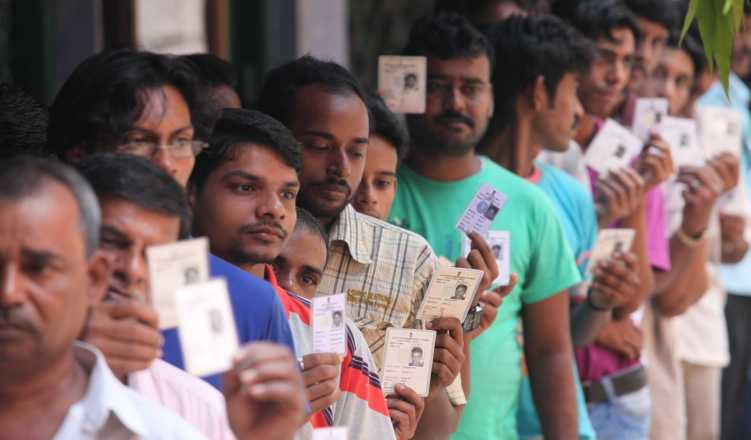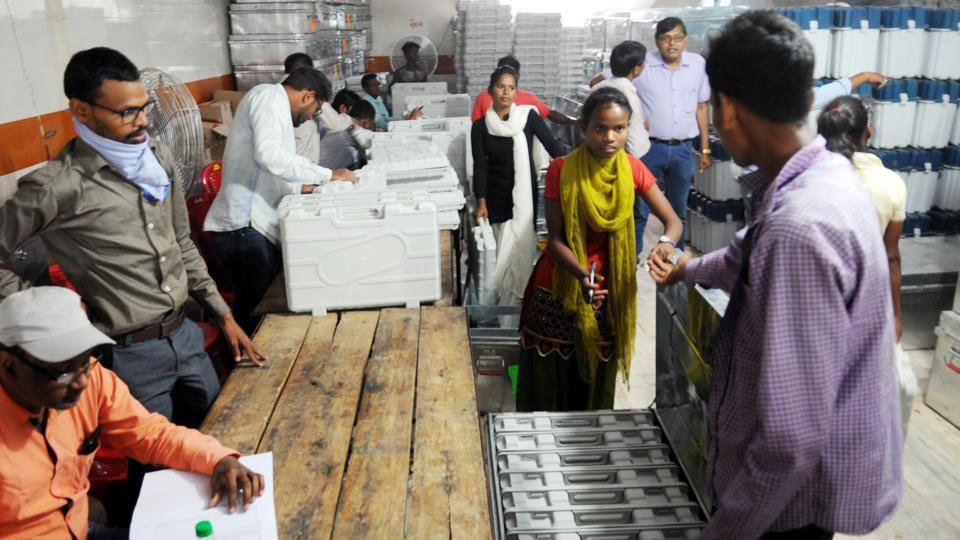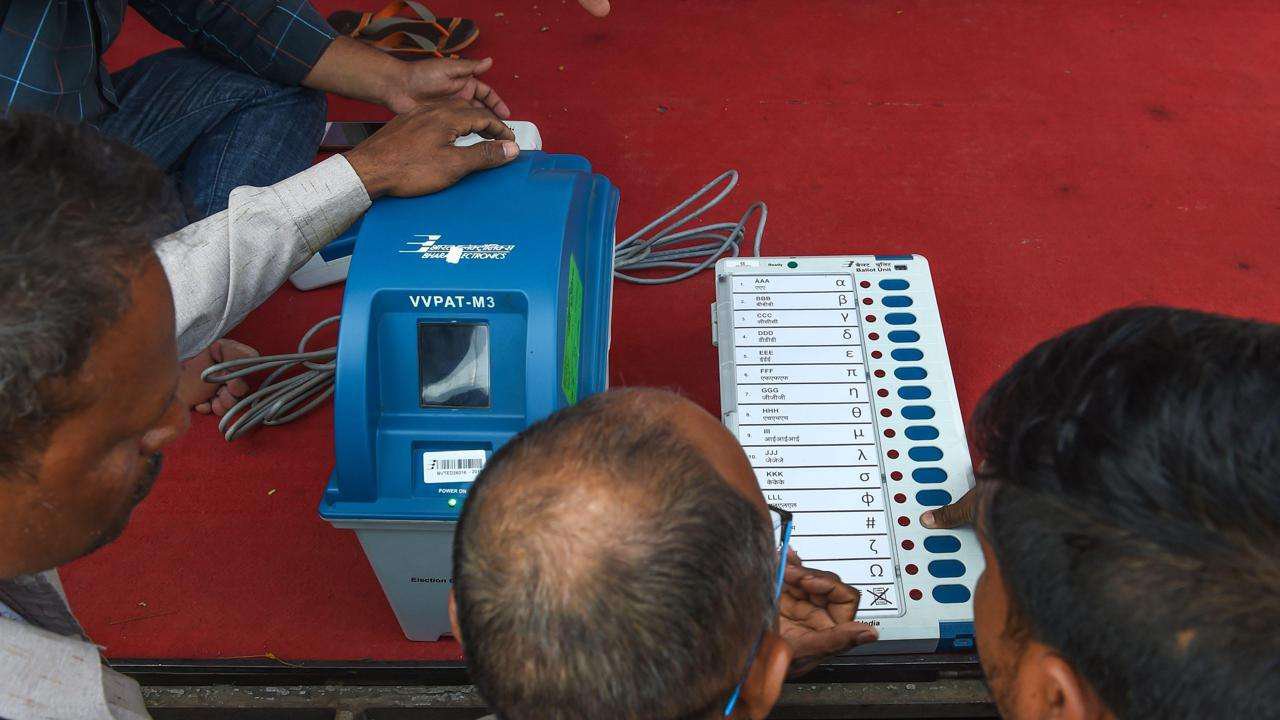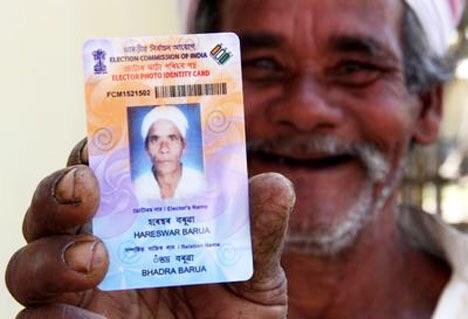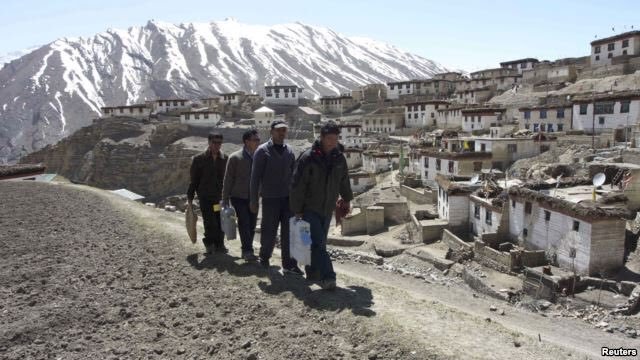If you want to be your best and perform at a high
level, fear of people’s opinions may be holding you back.
Think about a time when you were extremely
anxious — say, before standing up to publicly speak, raising your hand in a big
meeting, or even walking through a room of strangers. The reason you felt small
and scared and tense is you were worried about social disapproval.
Our fear of other people’s opinions, or FOPO as I
call it, has become an irrational and unproductive obsession in the modern
world, and its negative effects reach far beyond performance.
If you start paying less and less attention
to what makes you you — your talents, beliefs, and values —
and start conforming to what others may or may not think,
you’ll harm your potential. You’ll start playing it safe because you’re afraid
of what will happen on the other side of the critique. You’ll fear being
ridiculed or rejected. When challenged, you’ll surrender your viewpoint. You
won’t raise your hand when you can’t control the outcome. You won’t go for that
promotion because you won’t think you’re qualified.
Unfortunately, FOPO is part of the human
condition since we’re operating with an ancient brain. A craving for social
approval made our ancestors cautious and savvy; thousands of years ago, if the
responsibility for the failed hunt fell on your shoulders, your place in the
tribe could be threatened. The desire to fit in and the paralyzing fear of
being disliked undermine our ability to pursue the lives we want to create.
This underscores why we need to train and
condition our mind — so the tail is not wagging the dog.
If you find yourself experiencing FOPO, there are
ways to
dampen the
intensity of your stress responses. Once you’re aware of your thoughts,
guide yourself toward confidence-building statements (I am a good public
speaker, I’ve put in the work so that I can trust my abilities, I have a lot of
great things to say, I’m completely prepared for this promotion). These
statements will help you focus on your skills and abilities rather than others’
opinions. Take
deep
breaths, too. This will signal to your brain that you’re not in immediate
danger.
But, if you really want to conquer FOPO, you’ll
need to cultivate more self-awareness. Most of us go through life with a
general sense of who we are, and, in a lot of circumstances, that’s enough. We
get by. But if you want to be your best while being less fearful of people’s
opinions, you need to develop a stronger and much deeper sense of who you are.
You can start by developing a personal philosophy
— a word or phrase that expresses your basic beliefs and values. The
personal philosophy of Pete Carroll, my business partner and head coach of the
Seattle Seahawks, is “
always
compete.” For Coach Carroll, always competing means spending every day
working hard to get better and reach his fullest potential. This philosophy
isn’t a platitude or slogan; rather, it’s his compass, guiding his actions,
thoughts, and decisions. As a coach. A father. A friend. In every area of life.
When coming up with a personal philosophy, ask
yourself a series of questions:
When I’m at my best, what beliefs lie just
beneath the surface of my thoughts and actions?
Who are people that demonstrate
characteristics and qualities that are in alignment with mine?
What are those qualities?
What are your favorite quotes? Your favorite
words?
Once you’ve answered these questions, circle the
words that stand out to you and cross out the ones that don’t. After studying
what’s left, try to come up with a phrase or sentence that lines up with
exactly who you are and how you want to live your life. Share the draft with a
loved one, ask for input, and fine-tune your philosophy from there. Then commit
it to memory and return to it daily.
Crafting a personal philosophy can be an
eye-opening and powerful exercise. When I coach teams of executives, I often
ask them to write down their personal philosophy and share it with the group. I’ll
never forget the time a senior executive wowed everyone in the room. As tears
welled up in his eyes, he straightened his back, held his head high, and said,
“My philosophy is to walk worthy.” He told his colleagues that his parents were
immigrants who had persevered through challenging circumstances to ensure he
had better opportunities. Because of his parents’ hard work and sacrifice, he
considered it his duty to live life as if his family crest were emblazoned
across his chest. Every day, he tries to be worthy of their good deeds, and to
be a great role model for the next generation.
I can’t overstate how important a personal
philosophy is. Working with NFL players and coaches, extreme-sport athletes,
and senior leaders at Fortune 50 companies, I’ve noticed that, beyond a
relentless pursuit of being their best, what makes these high performers great
is their clear sense of the principles that guide them. Because of their
clarity, they’re more willing to push themselves, learn more, and embrace discomfort.
They can shut out the noise and opinions of fans and media and listen to their
own well-calibrated, internal compass.
Once you’ve developed your own personal
philosophy, commit yourself to live in accordance with its tenets. Start at
home. Tell that person you love them. Dance at a wedding. Take risks. Be
respectfully weird. (That probably means, be you.) Then try it at work. Give a
presentation. Go for that promotion. Do things that will engender the opinions
of others. When you feel the power of FOPO holding you back, simply acknowledge
it, and re-connect to your philosophy and the larger objective at hand.
Moving forward, solicit feedback from a short
list of people who matter to you. Honest reflection is a vital component of
mastery. During an
episode of
my podcast, “Finding Mastery,”
Brené Brown,
a renowned researcher and author of
Dare to Lead, suggested that
the names of those people should fit on a 1×1 inch index card. I add a second
condition. The people on your card should have a great sense of the person you
are and the person you’re working to become. Hold their views in high regard,
letting the noise from the crowd fade away. Calibrate their feedback with your
experience.
Most of all, remember that growth and learning
take place when you’re operating at the edge of your capacity. Like blowing up
a nearly inflated balloon, living in accordance with your personal philosophy
will require more effort and power, but, the result, which is to authentically
and artistically express who you are, will push you to live and work with more
purpose and meaning.
Source: HBR May 02, 2019
